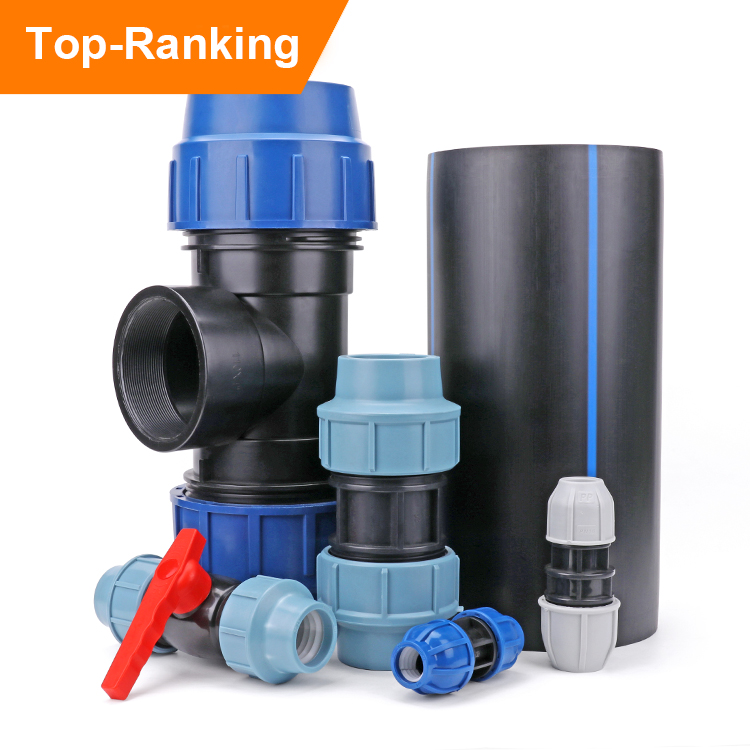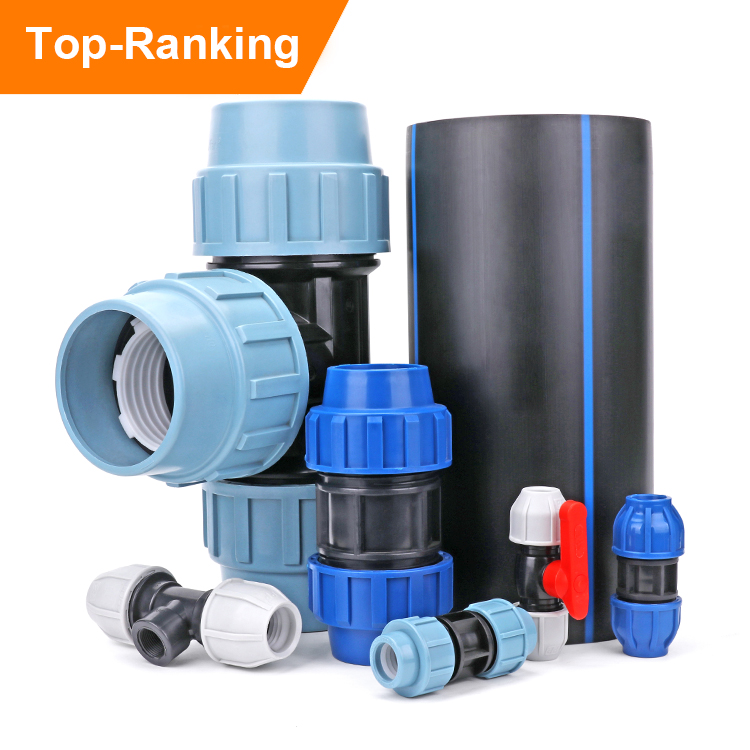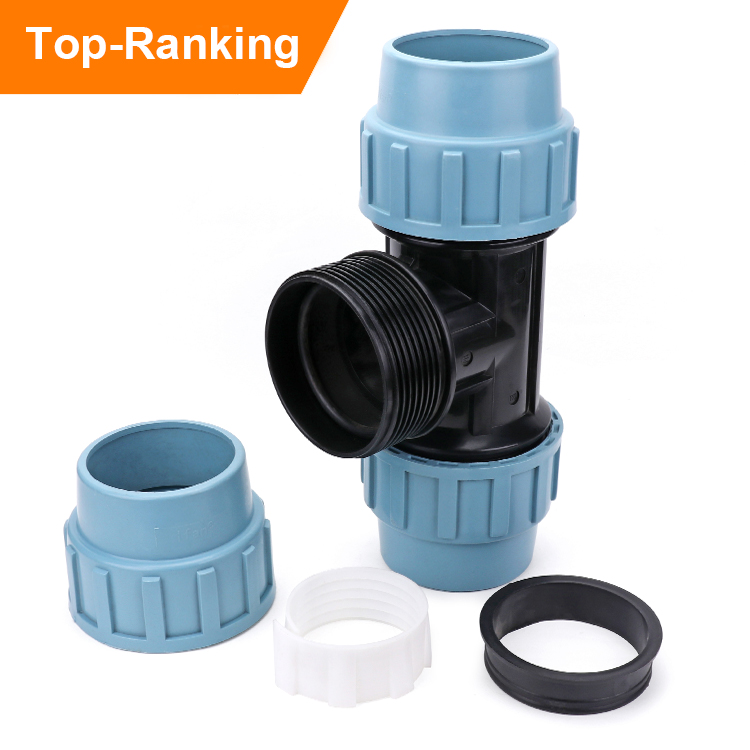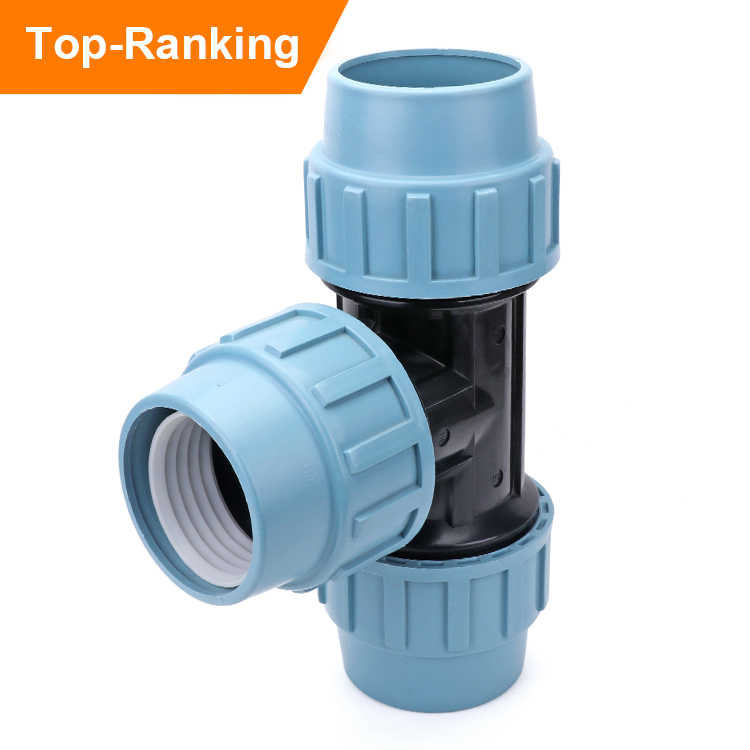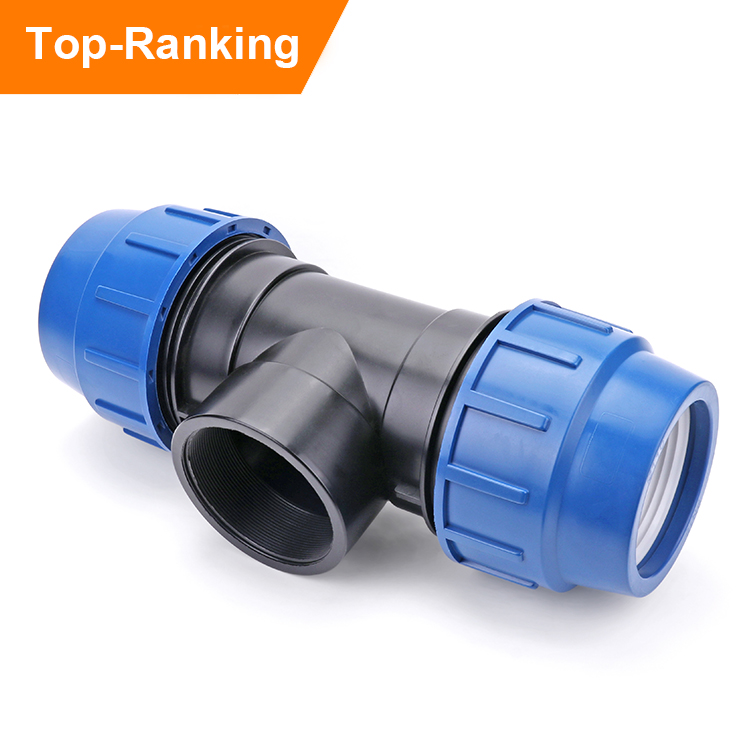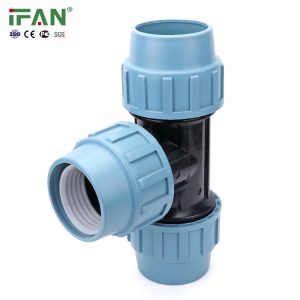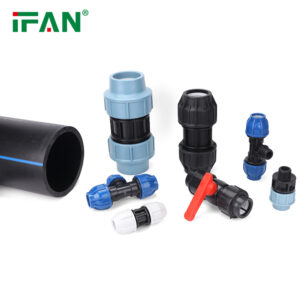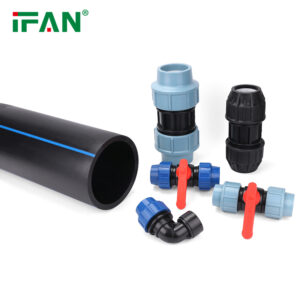Description
What are the advantages of PP plastic?
Polypropylene (PP) plastic offers numerous advantages, making it a popular choice in various industries. Here are some key advantages of PP plastic:
Chemical Resistance: PP plastic exhibits excellent chemical resistance, making it resistant to a wide range of acids, alkalis, and solvents. This property makes it suitable for applications where contact with corrosive substances is expected, such as chemical storage tanks, laboratory equipment, and automotive components.
High Melting Point: PP has a relatively high melting point, allowing it to withstand high temperatures without deforming or losing its physical properties. This makes PP suitable for applications involving heat, such as manufacturing processes, hot-fill packaging, and electrical components.
Lightweight: PP plastic is lightweight, making it easy to handle, transport, and install. This characteristic is beneficial in various applications, including automotive parts, packaging materials, and consumer goods, where weight reduction is desired.
High Impact Resistance: PP has excellent impact resistance, meaning it is less prone to cracking or breaking under mechanical stress. This property makes it suitable for applications that require durability and toughness, such as food containers, toys, and industrial components.
Good Flexibility: PP plastic has good flexibility, allowing it to withstand repetitive bending and flexing without breaking. This makes it suitable for applications such as hinges, living hinges, and flexible packaging.
Low Moisture Absorption: PP has low moisture absorption, which helps maintain its dimensional stability even when exposed to moisture. This property makes it suitable for applications in humid environments, such as outdoor furniture, garden tools, and marine components.
Recyclable: PP plastic is highly recyclable, which contributes to its sustainability. It can be easily recycled into new PP products, reducing the environmental impact and promoting a circular economy.
Cost-effective: PP plastic is relatively affordable compared to other engineering plastics, making it a cost-effective choice for various applications. Its availability, versatility, and low production costs contribute to its cost-effectiveness.
In summary, the advantages of PP plastic include its excellent chemical resistance, high melting point, lightweight nature, high impact resistance, good flexibility, low moisture absorption, recyclability, and cost-effectiveness. These properties make PP a preferred material in many industries.
Related products



